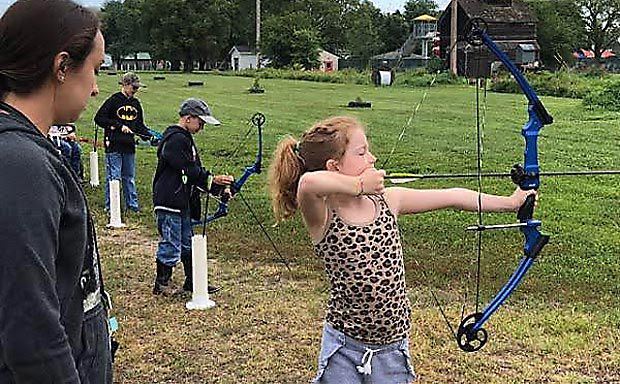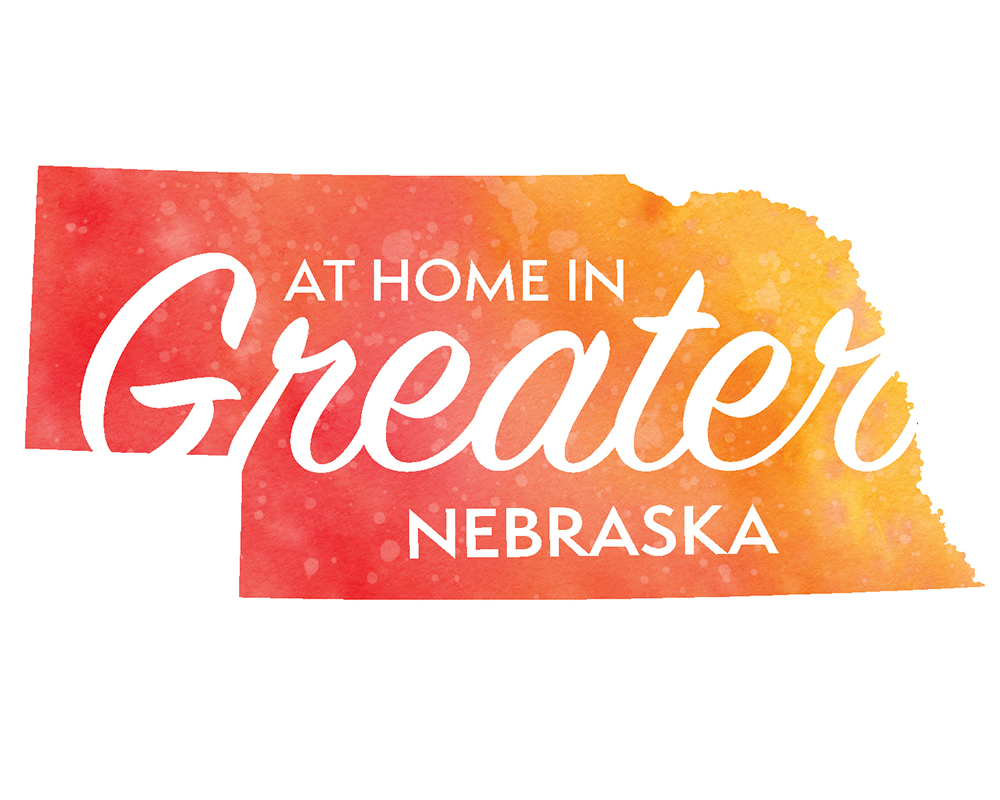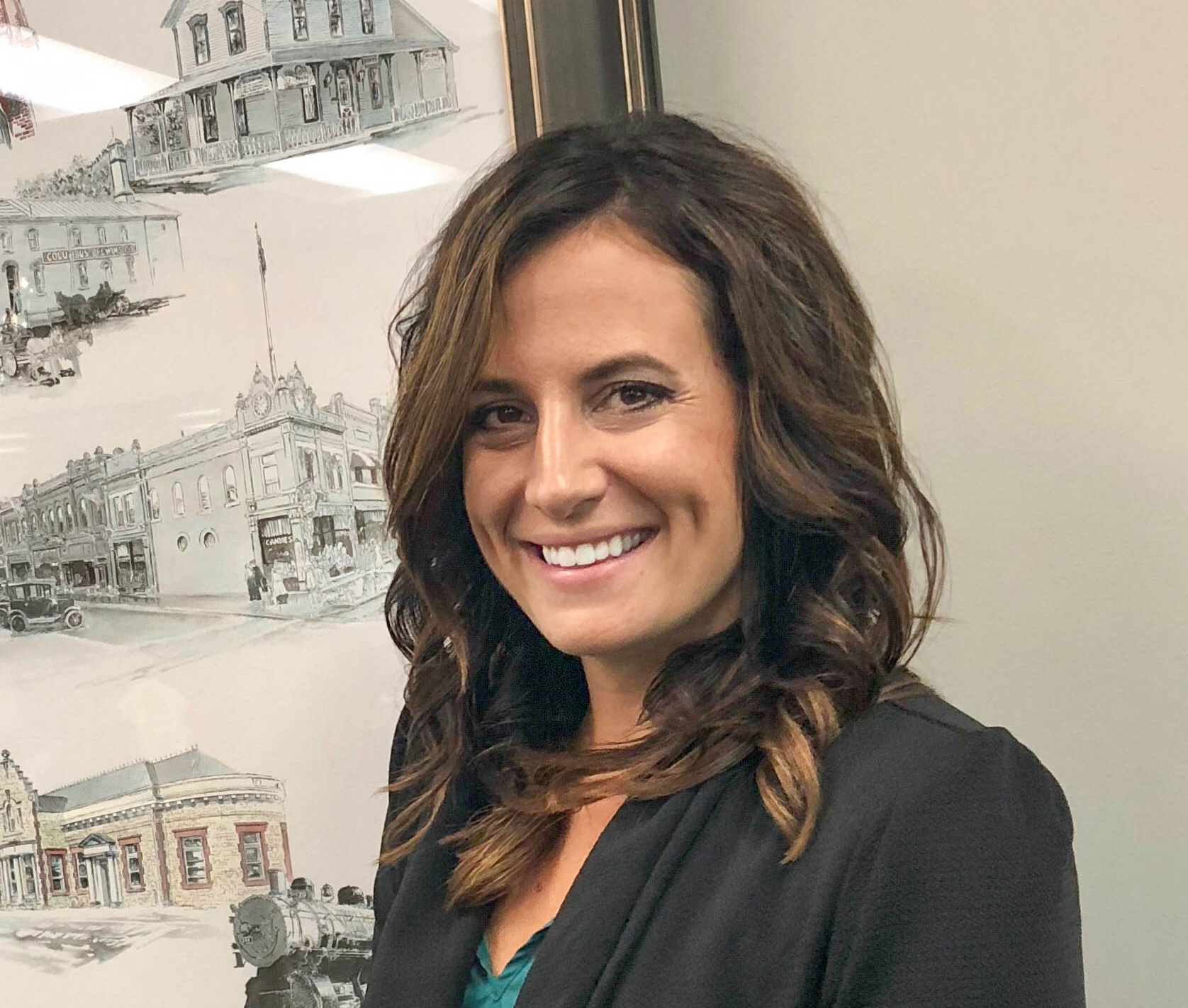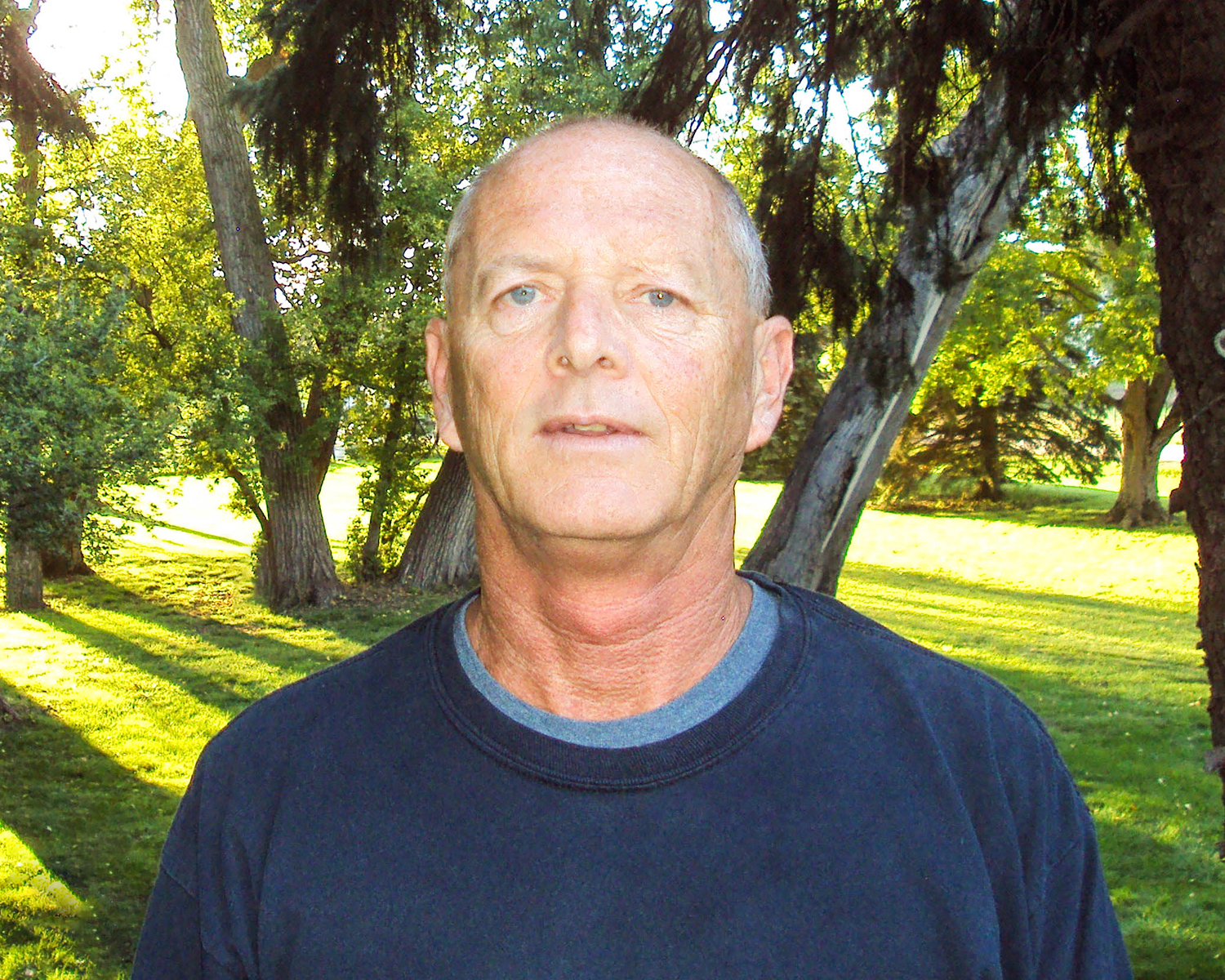 The first week they made animal track molds and dissected owl pellets to uncover evidence of tiny rodent skeletons.
The first week they made animal track molds and dissected owl pellets to uncover evidence of tiny rodent skeletons.
During week two, they constructed one-of-a-kind clay pottery under the direction of a retired local art teacher.
Vegging out in front of the television is about the furthest thing from the minds of kids enrolled in Boone County’s Cardinal Kids Club summer program. Organizers are making sure of it. They’ve designed an impressive nine-week curriculum focused on providing new, highly educational experiences to a group of about 20 youngsters per week.
From 7:45 a.m. until 5:30 p.m., Monday through Friday, Cardinal Kids Club summer program enrollees design, build, experiment, investigate, observe and flex their creative muscles. Participants are split into two groups – kindergarten through first grade and second through fifth grade – and are given age-appropriate activities and assignments. Each week has a theme, for instance, “Animals Week” featured a visit from a representative of the Henry Doorly Zoo followed by a virtual tour to learn about rainforests and oceans. The week culminated with a fieldtrip to the Norfolk Area Animal Shelter where students had an opportunity to interact with kittens, puppies and rabbits housed at the shelter.
According to program director Mollie Morrow, the popularity of the Cardinal Kids Club (CKC) afterschool program (which wrapped up its first year in May), was proof that high quality childcare was in high demand among Boone County families. Morrow says a number of local families left their daycares during the school year to enroll in the CKC afterschool program. Because of this, organizers felt an obligation to provide continued care throughout the summer. Families can sign up for as little as one week or as many as nine weeks of care.
Though programming is highly varied from week to week, days tend to follow a similar routine. Mornings are spent completing a teacher-led activity centered on the theme of the week. Lunch is followed by reading time followed by active playtime which may include a trip to the swimming pool or the local assisted living home to tend to the club’s raised garden beds (they planted those in the first week of the program). Fridays are for fieldtrips.
Supervision and guidance are provided by a site director, volunteers, local experts, 4-H representatives, and high school and college aged students, most of whom have dreams of working with youth in their future careers.
High school guidance counselor Lynne Webster, who also has two kids enrolled in afterschool and summer care, says the program isn’t just a great opportunity for those enrolled. The college and high school students employed at CKC are gaining real-world experience in their career field.
Beyond that, it’s giving local employers direct access to homegrown talent and reminding Albion and Boone County youth of the possibilities available in their own community. As a returner to Albion herself, Webster says this is invaluable.
“Albion is a great community with a lot to offer. My family realized that when we moved out of state,” said Webster.
Morrow admits funding and sustainability stand as CKC’s biggest challenges. A relationship with Nebraska Community Foundation led to CKC’s selection to participate in a state-wide grant-funded pilot program called the Nebraska Expanded Learning Opportunity (ELO) Design Challenge. The hope is that programs created through the design challenge can be replicated in other communities and districts across the state.
CKC has also enjoyed steady support from the Boone County Foundation Fund, an affiliated fund of Nebraska Community Foundation. The Fund’s support has taken several forms, from financing initial research and planning, to salary support for the program director’s position, to scholarships for families seeking tuition assistance for the summer program.
“We know this is a good thing,” said Morrow. “We know kids are engaged and being taken care of. But it always comes down to sustainability.”
One thing is for sure, Boone County’s demand for high quality childcare services isn’t going anywhere. Morrow and Webster are just two of many young people who have returned to the area to raise their families in recent years.
Morrow adds that when you move to a rural community, “You may lose some of the amenities, but life is a little simpler and easier. You gain something you would have lost.”Morrow and Webster agree that the trade-off is well worth it. Not only that, they live in a community whose commitment to quality of life is making the choice that much easier for young people with options.
For more information visit http://boonecountyfoundation.com/



